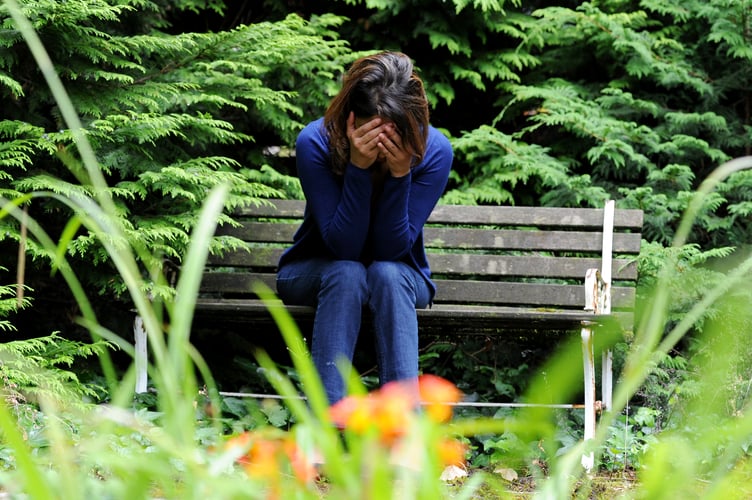People with serious mental illnesses in Bath and North East Somerset face a mortality rate more than six times higher than their peers, new figures suggest.
The Mental Health Foundation said the numbers are not "out of the blue" as people with serious mental illnesses are often significantly disadvantaged.
Figures from the NHS show 275 people with serious mental illness died in Bath and North East Somerset between 2020 and 2022.
Considering the total 29,021 people in contact with secondary mental health services since 2015 in the area, it meant they faced a mortality rate of 1,720 deaths per 100,000 people.
This is 6.4 times the mortality rate of people without mental illnesses – 270 deaths per 100,000.
Dr David Crepaz‑Keay, Mental Health Foundation head of research and applied learning, said there are many factors that lead to the shorter life expectancy and higher mortality rate of people with serious mental illnesses.
He said: "There is anything between a 15 to 20 year drop in life expectancy for a diagnosis for schizophrenia, for example, but it is not about the condition itself being life shortening. It is down to other factors."
He added high levels of smoking, increased likelihood of using unprescribed drugs and poor sleep may also all play a role.
"But probably more likely than that is the socio-economic determinants associated with poverty," he added.
"By any measure, people with these diagnoses are much more likely to be unemployed, more likely to be living alone, and more likely to be poor. We know all of those have a health impact."
The figures show those with serious mental health conditions across England were 2.3 times more likely to die from cancer, 3.9 times more likely to die from heart disease, 6.3 times more likely to die from respiratory disease, and 6.6 times more likely to die from liver disease.
In Bath and North East Somerset, there was a significant difference in deaths caused by liver disease – with a mortality rate of 114 deaths per 100,000 people.
Meanwhile, those with no mental illness had a mortality rate of 13 deaths per 100,000 – meaning those with a serious mental illness were 8.7 times as likely to die.
Dr Crepaz-Keay said the increased rate is not "out of the blue" as the group has "never been seen as a high priority".
He added: "It is a group that are significantly disadvantaged, and it is almost inevitable that that will at some point show up in poorer health outcomes."
While progress has been made in treatment, he said further support for research and a stronger political will to improve the health of those with mental illnesses is needed.



